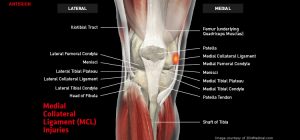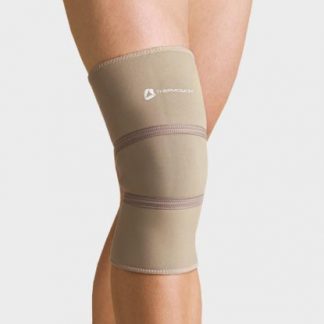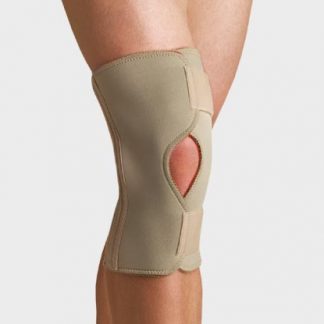Medial Collateral Ligament (MCL) Injuries
Anatomy
Medial stability of the knee is given by static and dynamic stabilisers extending from the midline anteriorly to the midline posteriorly of the knee, as well as the menisci (wedges of cartilage). The superficial MCL is the main static stabiliser resisting valgus stress at the knee, especially when the knee is extended. The dynamic stabilisers, in particular the pes anserinus tendons (tendons of the gracilis, semitendinosus and sartorius muscles) play a greater role as knee flexion increases.

Mechanism of Injury
- Valgus stress, contact (blow to the outside of the leg) or non-contact (resulting from sudden and/or excessive movement with foot planted).
- May be combined valgus and external rotation eg. common in skiing injuries.
Symptoms
- Pain occurs at the time of injury. Absence of severe pain does not exclude a severe injury; minor injuries may be more painful than more severe injuries.
- The ability to walk can be impaired, with the patient reporting a feeling of instability.
- Swelling of the joint is unusual.
- Tenderness is usually present over the MCL.
Treatment
Please consult with your medical professional for a complete diagnosis and treatment plan.
-

THERMAL KNEE
Anatomically designed 3-piece knee provides protection and support against general wear and tear including sprains, strains and weakened knees.
-

THERMAL OPEN KNEE WRAP STABILISER
Wrap design with fastener closure provides greater patient comfort and the open patella will not aggravate tenderness or bruising that may be present as the kneecap is free from any compression.
